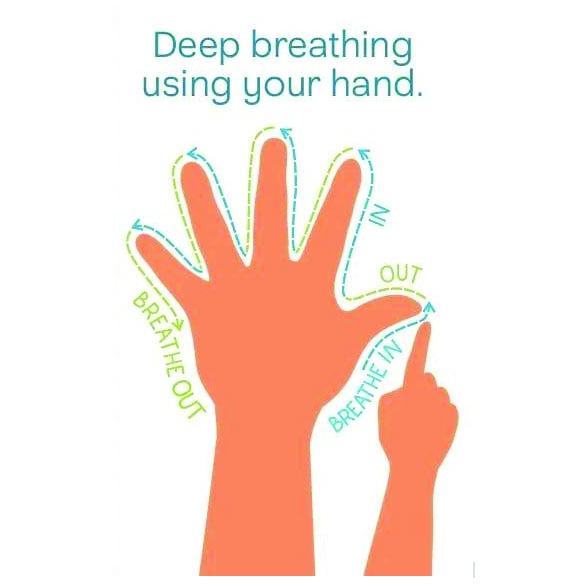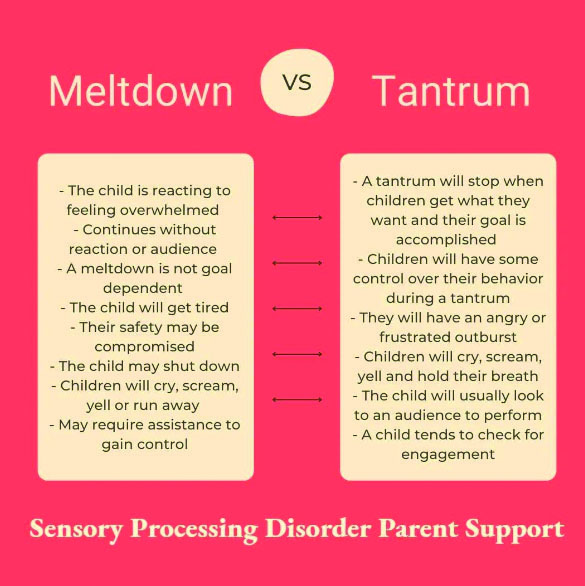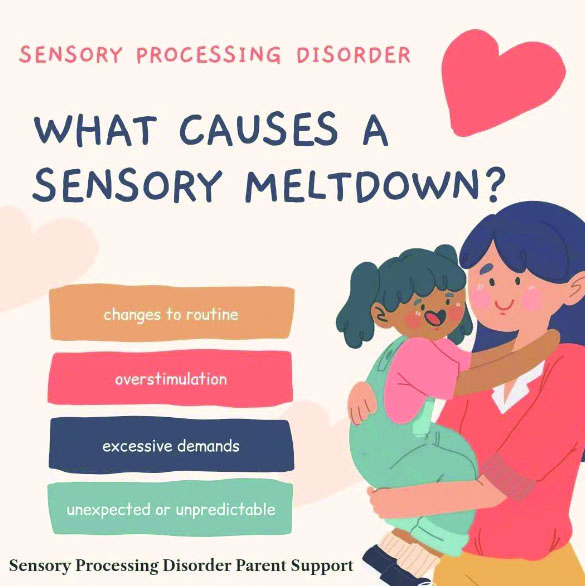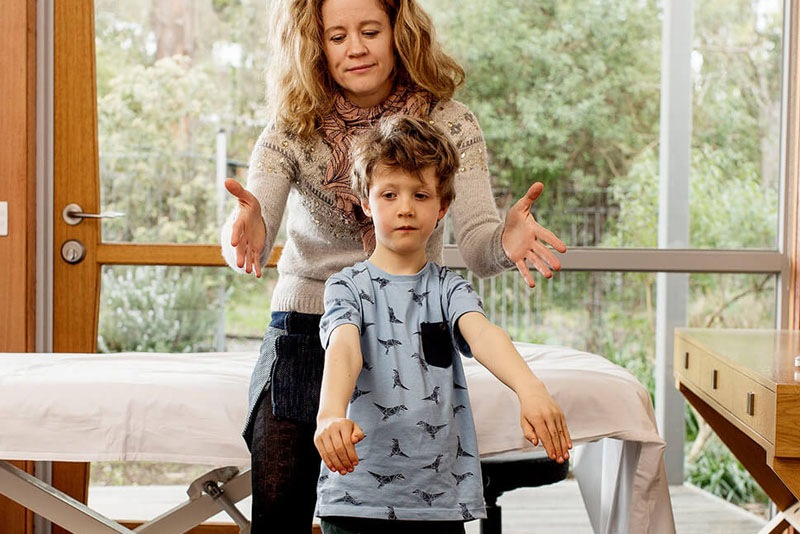What is this thing called sensory processing disorder? Many of us do not have a clue how very real this is. We often judge parents and their children for ‘acting out’ or having ‘meltdowns’, yet we have NO idea the struggles of their daily life.
So what is SPD? Children (and adults) have difficulty processing information through their senses. They struggle to respond appropriately to that information. Having SPD means that one is overly sensitive (or not at all) to external stimuli – way more than other people.
There are many signs but these are some of the most common:
- Clothing that are too itcy or too scratchy
- Lights that are too bright and sounds that are too loud
- Soft touches that feel extremely hard
- Poor balance or clumsiness
- Gagging when trying new food
- Looking for stimuli (swinging too high and jumping off everything)
- Behaviour problems
- Meltdowns
- Acting out



So many parents are struggling to accept and understand what their children are going through. Parents feel lonely and are often judged by society because their children are ‘acting out’. They know that their children’s behaviour is not typical, but they can not explain it. Parents often feel they have to make excuses for their child’s behaviour. We can not judge. It is our responsibility to support parents and their children with SPD.
SPD can not be diagnosed by a doctor. Truth be told, many doctors don’t know how to treat this disorder or where it comes from. One thing we need to remember is that SPD is very very real. It can not be avoided, prevented or treated with medication.
So what is there to do? Movement Therapy helps children with SPD. It is not a quick fix. It is therapy in a fun and controlled way where children do not feel overwhelmed by stimuli. Movement Therapy helps children to understand their disorder and teaches them how to react – coping skills for an improved life.
Sensory Processing Disorder is very real – maybe not for you and me, but it is REAL. The next time you see a child ‘acting out’, ‘misbehaving’ or having a meltdown for no apparent reason, take a step back, stop judging and feel empathy. You will never know what it is like unless you live with it.
Parents, we may not fully understand, but we salute you and support you and your children.





